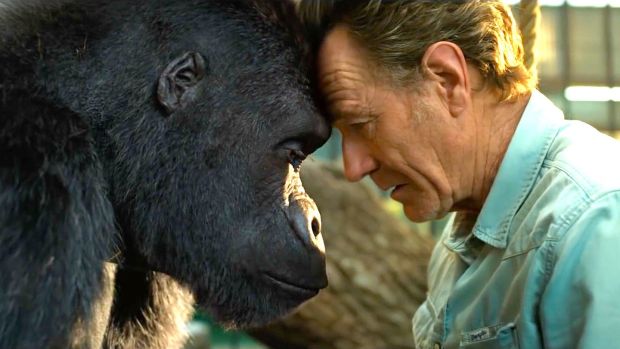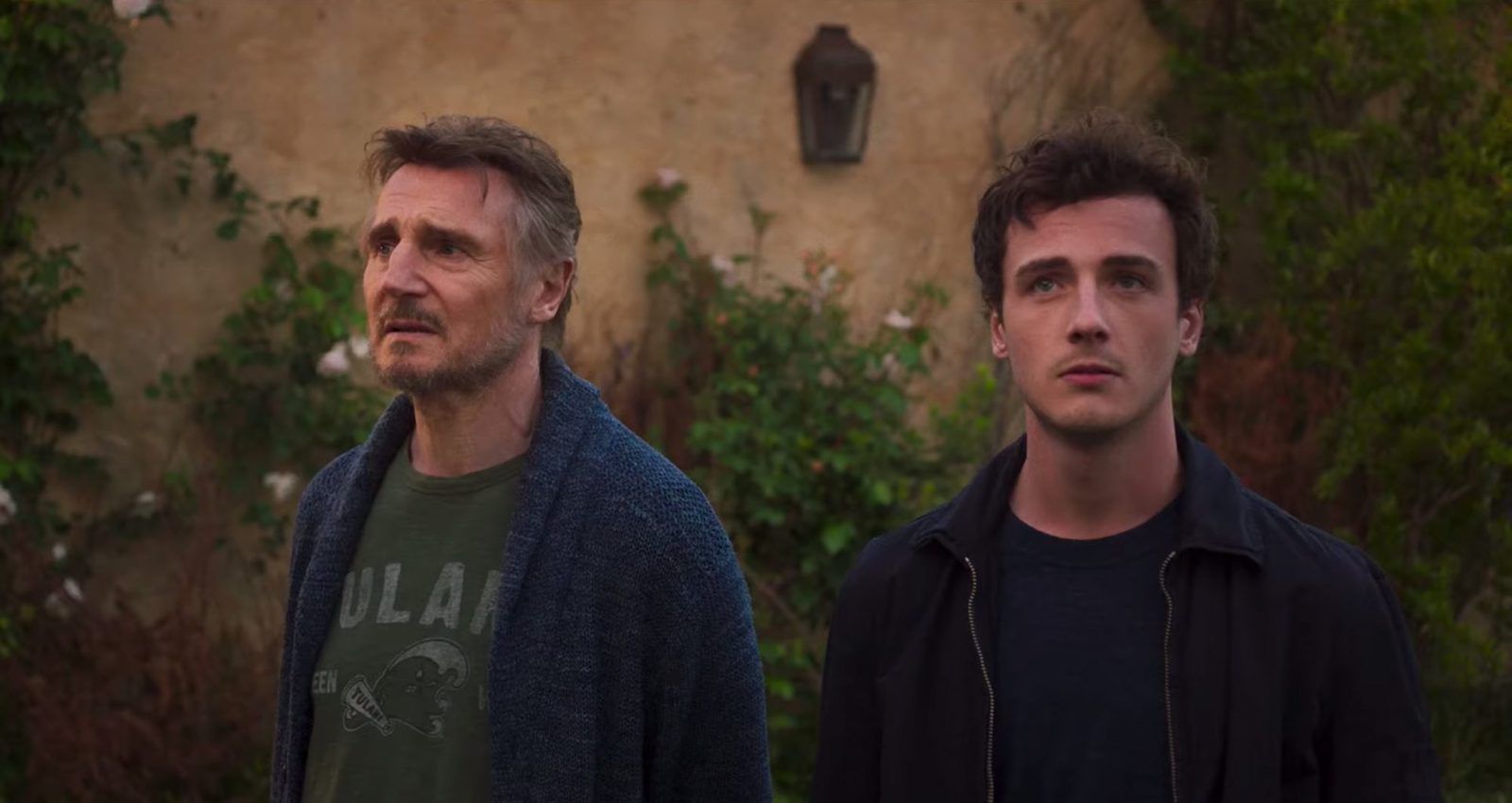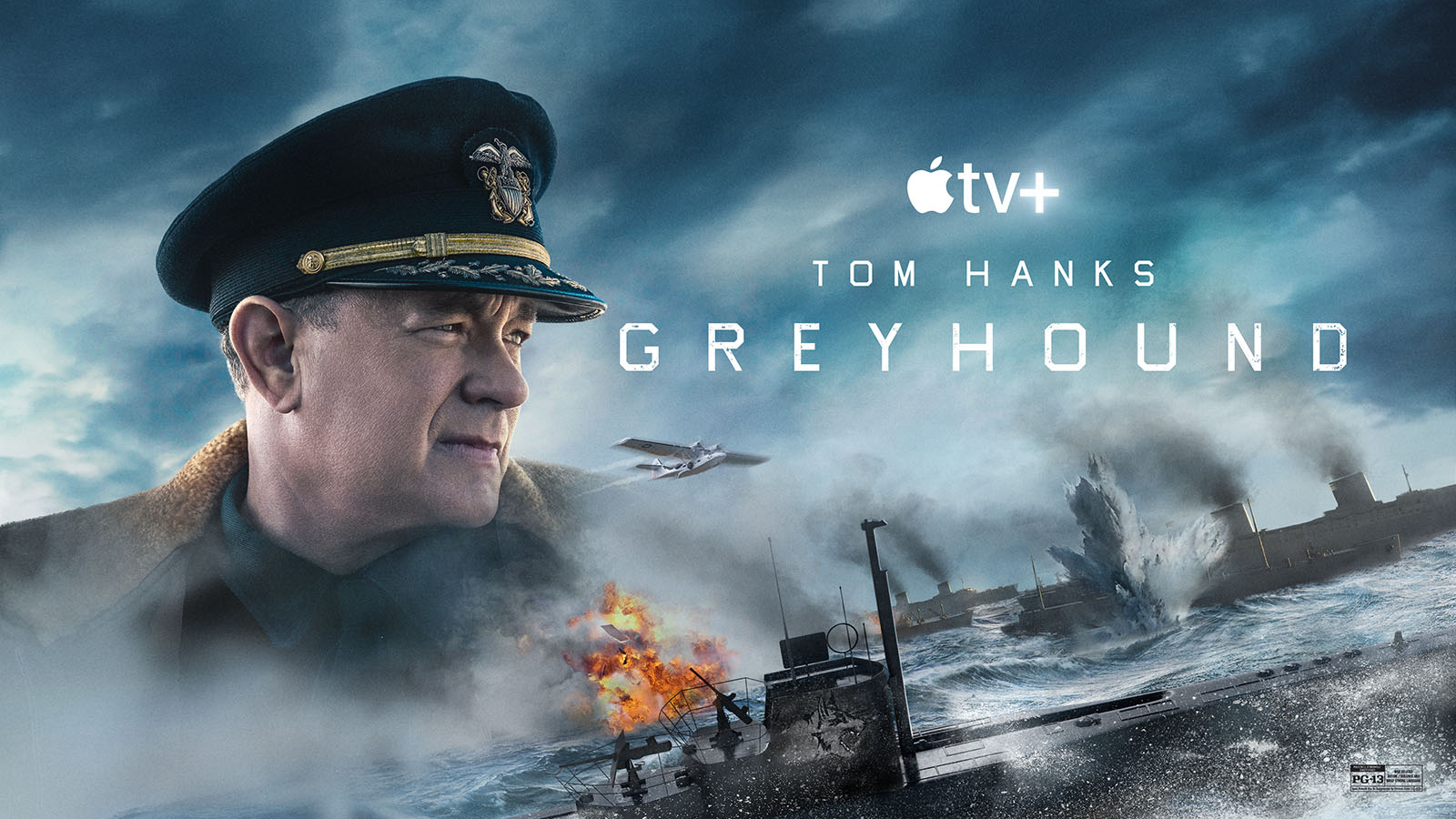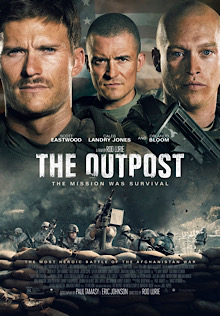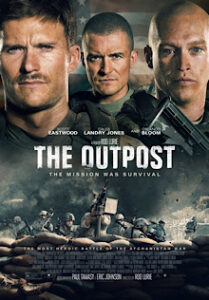The One and Only Ivan
Posted on August 20, 2020 at 10:12 pm
B-| Lowest Recommended Age: | Kindergarten - 3rd Grade |
| MPAA Rating: | PG |
| Profanity: | None |
| Alcohol/ Drugs: | None |
| Violence/ Scariness: | Offscreen--critically ill mother, parent of a character killed by poachers, sad death of a beloved character |
| Diversity Issues: | A metaphoric theme of the movie |
| Date Released to Theaters: | August 21, 2020 |

In the film, Bryan Cranston plays Mack, the ringmaster, owner, and only human performer in a tiny circus located in a run-down shopping mall. Ivan, voiced with warmth and feeling by Sam Rockwell, is the star of the show, though his only “trick” is pretending to be fierce. The other animals include a high-strung seal, an elegant French poodle (Helen Mirren), a baseball-playing chicken (Chaka Khan), and the kind and wise elephant named Stella, voiced by Jolie. A stray dog (Danny DeVito) hangs out with them when he can escape the not-very-watchful eye of the watchman. He is dubbed Bob by Julia (Ariana Greenblatt), the daughter of the animal keeper/custodian/lighting guy and all-around handyman (Ramon Rodriguez as George). Julia’s mother is critically ill, so she spends much of her time sitting near Ivan’s cage and drawing pictures.
Ticket sales are poor and the circus is losing money. So Mack buys a baby elephant named Ruby (voiced by “The Florida Project’s” Brooklynn Prince) to generate some excitement. The other animals welcome her, especially Stella, though Ivan is a little jealous when she becomes the headliner.
Julia encourages Ivan to use her crayons and he begins to create some art. Mack makes that a part of the show. But it becomes clear that this is not a story about saving the circus. It is a story about saving the animals.
That transition is an awkward tonal shift with some very sad developments and memories and an abrupt conclusion. Cranston does as well as possible acting opposite CGI characters but there is not much he can do to make Mack into a three-dimensional person. We sympathize with him until…we don’t? Even the most photoreal CGI with supreme skill, create with an extraordinarily meticulous understanding of movement and weight leaves us more impressed than engaged. Just because you can do something does not mean you should. Rockwell’s voice was so compelling that I occasionally closed my eyes; his voice conjured Ivan more vividly than the technology did.
Parents should know that this film includes the critical illness of a child’s mother, the shooting of Ivan’s father (both off-camera) and the very sad death of one of the animals. There is some peril and brief potty humor.
Family discussion: What are things you can’t remember and things you don’t want to remember? Why does Ruby like stories and what does she learn from them?
If you like this, try: “Madagascar” and “Free Willy”

